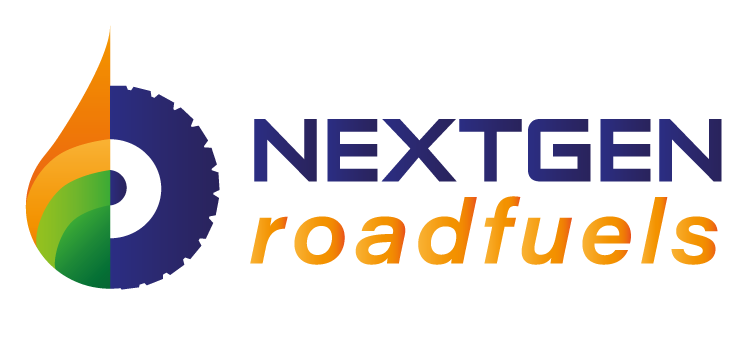A key challenge is to make consumers aware that biofuels will have a positive impact on energy and environment through the valorization of diverse wastes as a feedstock. From one side this prevents waste of going to landfill with the negative consequences of it and on the other side it promotes the production of new sustainable products.
Evidence should be provided that the production of biofuels is done in a safe and sustainable way, without compromising food security and threatening biodiversity.
CENER is committed to evaluating environmental performances of NextGenRoadFuels value chain. CENER will study the sustainability of the innovative solutions investigated in the project and compare it with current management and reference systems. The project will set-up a specific and robust methodology for GHG (Green House Gases) and sustainability analysis.

The sustainability of the NextGenRoadFuels integrated value chain will be analyzed by means of LCA according to ISO 14040 and ISO 14044 and comparison of GHG emission savings according to Renewable Energy Directive (RED) II. The system boundaries analyzed include the entire life cycle of the biofuel from source to usage, which considers feedstock collection, biofuel production by means of HTL technology and upgrading, and its distribution and use phases of the biofuel. Therefore, LCAs will help to identify key aspects of the process which can be improved in order to optimize the sustainability of the product and the full value chain.
Besides GHG emission of biofuel produced in NextGenRoadFuels value chain is evaluated and compared with conventional fuel (diesel and gasoline).
This environmental assessment will help to estimate the potential contributions to renewable energy and GHG emission reduction targets derived from the implementation of this innovative process.
Text by: CENER – Blanca de Ulibarri Martinez
